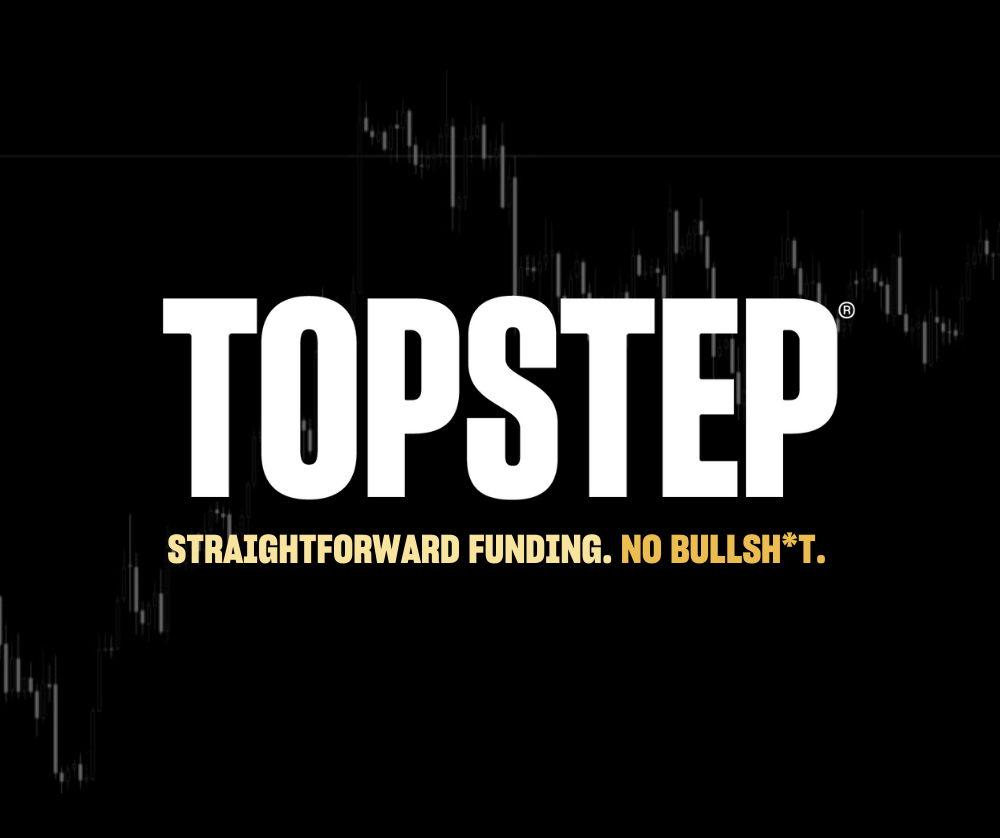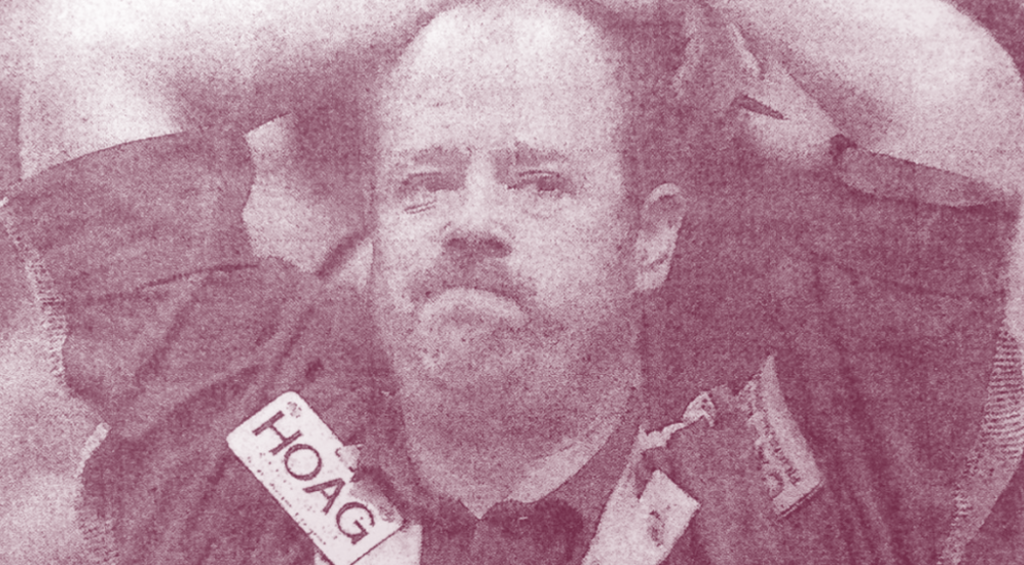Emotional capital: a required, yet rarely-perfected resource that every trader must manage in order to be successful. Think of emotional capital as the psychological or mental assets you hold, and how they’re affected by the trades you’re in.
When trading, the amount of emotional capital expended is minimal when you can see the market clearly and your entries and exits are nearly perfect. On days when the losing trades are piling up and the market is knocking you around, more of your emotional capital is spent. By training yourself to maximize emotional reserves during a trade, you gain the ability to see clearly and act objectively. Here are 3 simple tasks that can help you become rich in emotional capital.
Start with a full tank.
Think of emotional capital as a gas tank— you have a fixed amount of it and some tasks use up more “gas” than others. Similar to other types of capital, we as individuals vary in the level of emotional resources we have. Take time to study yourself and understand which tasks use up significant amounts of your emotional account balance. Your emotional tank will likely decrease after reading a stressful work email, paying a large bill, or having a disagreement with a partner.
If you enter a trade with fresh conflicts in mind, you run the risk of spending more emotional gas than you have left. The emptier your tank, the more likely you are to have clouded judgement or feel rushed during a trade, oftentimes resulting in a heavy loss. The goal is to go into a trading session with a full tank and a clear mind, giving you the best mindset and profitable results.
Don’t dwell on the bad… or the good.
We know one thing to be true: there are 2 possible outcomes to every trade, a profit or a loss. Unfortunately, it’s inevitable that even the best trader in the world will have red days. Overthinking and obsessing over what went wrong in a trading session can destroy your judgement completely. Many times, we as traders end up with FOMO (fear of missing out) and enter a bad trade to gain back earnings out of pure panic. Other times, obsessing over what went wrong creates fear of the next trade or lack of sleep, both resulting in clouded judgement. Although it’s important to take a moment and reflect on the loss, dwelling on a losing trade will result in more harm than good.





